
Roland Moore-Colyer
Roland Moore-Colyer is a freelance writer for Live Science and managing editor at consumer tech publication TechRadar, running the Mobile Computing vertical. When he’s not writing about smartphones and tablets, he taps into more than a decade’s worth of writing experience to pen articles about everything from laptops and smartwatches, to games, cars, streaming shows and more. For Live Science, Roland focuses on electric vehicles (EVs) and charging technology, the intersection of artificial intelligence (AI) and society, the advancement of mixed reality technology and its real-world use.
Roland’s journalism experience stems from a beginning in business to business technology, moving through to covering ‘prosumer’ technology and innovations, to a current specialism in consumer technology, working for one of the US’ largest tech sites, Tom’s Guide, before moving to TechRadar. Over the years, he’s covered stories ranging from major cyber attacks on critical infrastructure to hugely powerful gaming computers, while also digging into the evolution of AI, semiconductors, autonomous driving and more. When not writing and editing, Roland enjoys many of the food and drink trappings of London, much to the chagrin of his waistline.
Latest articles by Roland Moore-Colyer

AI has now officially passed the original Turing test, scientists say
By Roland Moore-Colyer published
GPT-4.5 has successfully convinced people it’s human 73% of the time in an authentic configuration of the original Turing test.

Watch people manipulate 3D holograms thanks to breakthrough technology
By Roland Moore-Colyer published
Futuristic holograms you can manipulate have become a reality sooner than we thought, thanks to breakthrough display.

Key to faster 6G speeds lies in letting new AI architecture take control, scientists say
By Roland Moore-Colyer published
Scientists are developing AI models that analyze wireless traffic as a whole, making high-speed networks such as 6G more rapid and reliable for users of cell phones and other mobile devices.

'Next generation of laptops': Intel unveils blueprints for a fully repairable and modular computer
By Roland Moore-Colyer published
Intel’s reference laptop design aims to cut e-waste and make computers you can easily repair.

Honda promises solid-state batteries that could double EV range to 620 miles by 2030
By Roland Moore-Colyer published
Honda's new facility could drive breakthroughs in solid-state batteries for electric cars, ultimately leading to batteries with more than double the range of existing EVs.
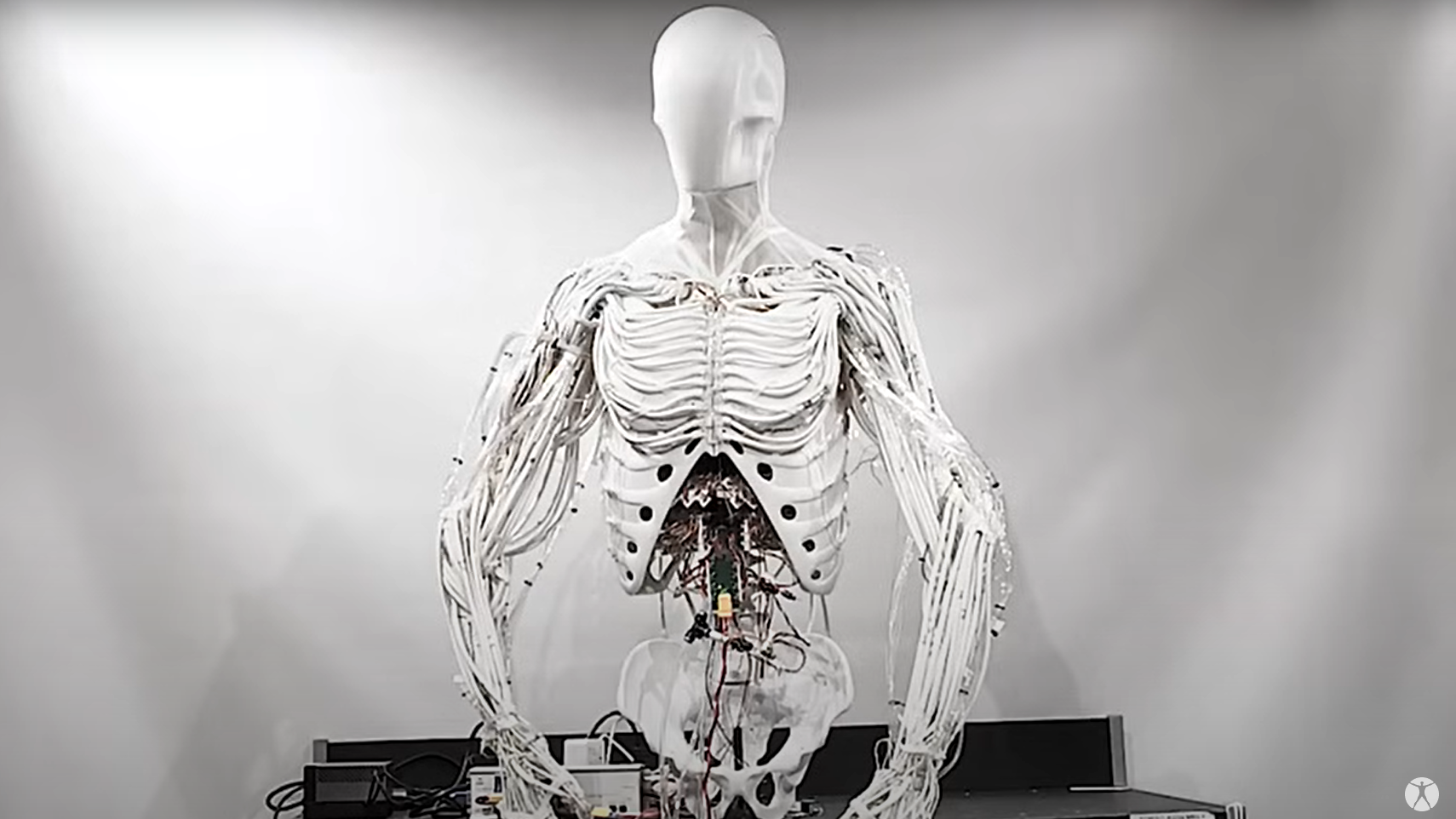
8 of the weirdest robots in the world right now
By Roland Moore-Colyer published
From humanoid AI-powered machines to tiny spider-like bots, 2024's robots are weird.

Future wearable devices could draw power through your body using background 6G cellphone signals
By Roland Moore-Colyer published
Excess energy from wireless 6G networks could be harvested by a copper coil and the human body.

Meet 'Chameleon' – an AI model that can protect you from facial recognition thanks to a sophisticated digital mask
By Roland Moore-Colyer published
A new AI model can mask a personal image without destroying its quality, which will help to protect your privacy.

Large language models not fit for real-world use, scientists warn — even slight changes cause their world models to collapse
By Roland Moore-Colyer published
Large language model AIs might seem smart on a surface level but they struggle to actually understand the real world and model it accurately, a new study finds.
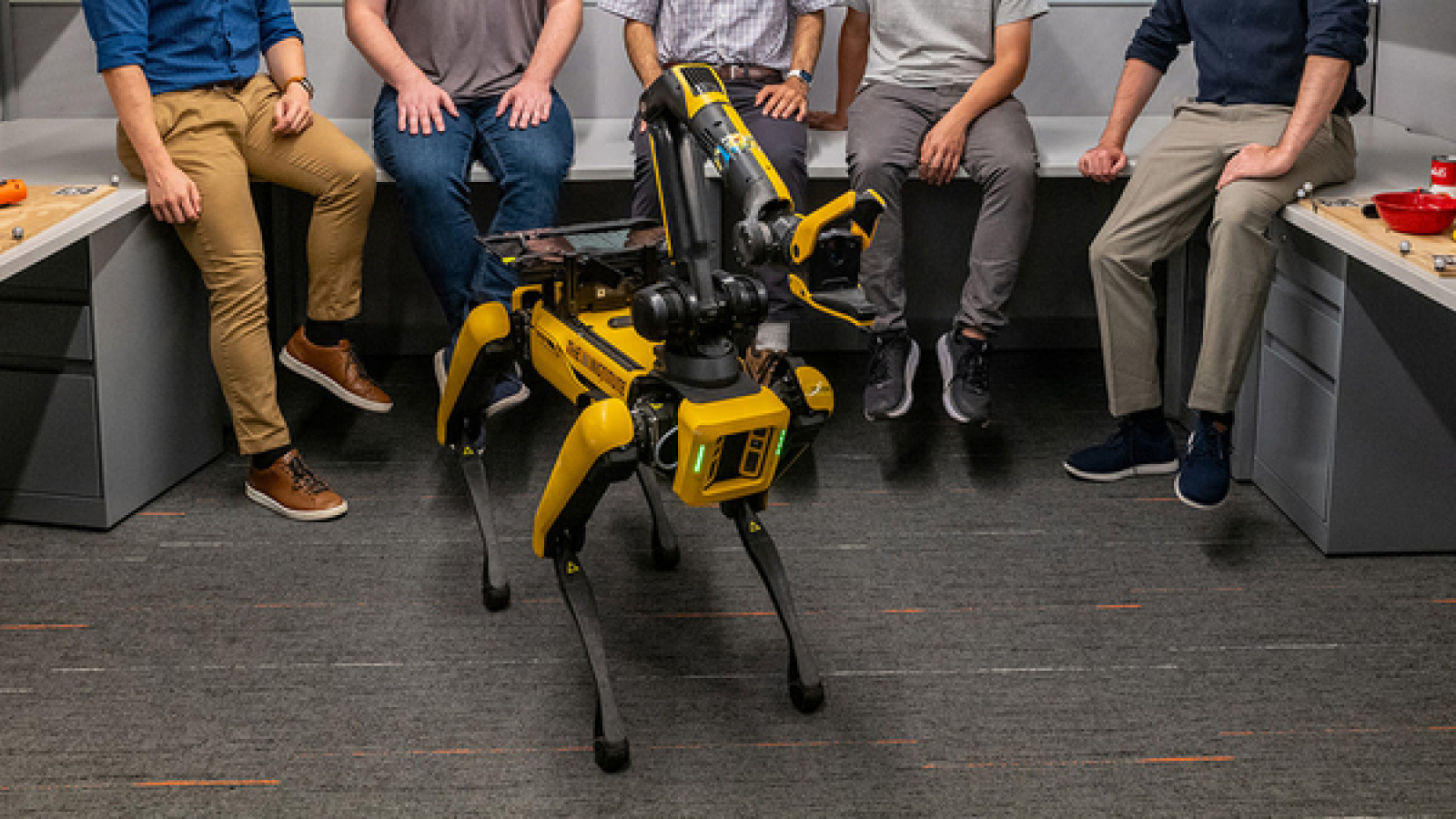
Boston Dynamics' robot dog Spot can now 'play fetch' — thanks to MIT breakthrough
By Roland Moore-Colyer published
The future of smarter robots may lie in combining neural networks with advanced computer vision.

What is the dead internet conspiracy?
By Roland Moore-Colyer published
With the rise of AI models and automated bots, we find out whether there is any weight to the idea that the internet is now mostly dominated by machines or if it’s still a human hangout.

'Put glue on your pizza' embodies everything wrong with AI search — is SearchGPT ready to change that?
By Roland Moore-Colyer published
The future of search will include AI, but the technology will need a lot of work and trust before it changes how we access information.

New HCTI file format lets you send 'touch' over the internet just as easily as you would send a video
By Roland Moore-Colyer published
A new standard for codecs used for haptics could revolutionize tele-health and online gaming.

This bizarre vortex doesn't just look cool — it can be a key cog in making scalable high-speed 6G networks a reality
By Roland Moore-Colyer published
Flexible plates and nanotubes could pave the way for adaptable controllers for terahertz 6G signals.

'Night vision lenses' could give you power to see in the dark using simple eyeglasses
By Roland Moore-Colyer published
Super-slim night-vision tech could be within reach thanks to a new material breakthrough that can capture infrared and visible light at the same time.
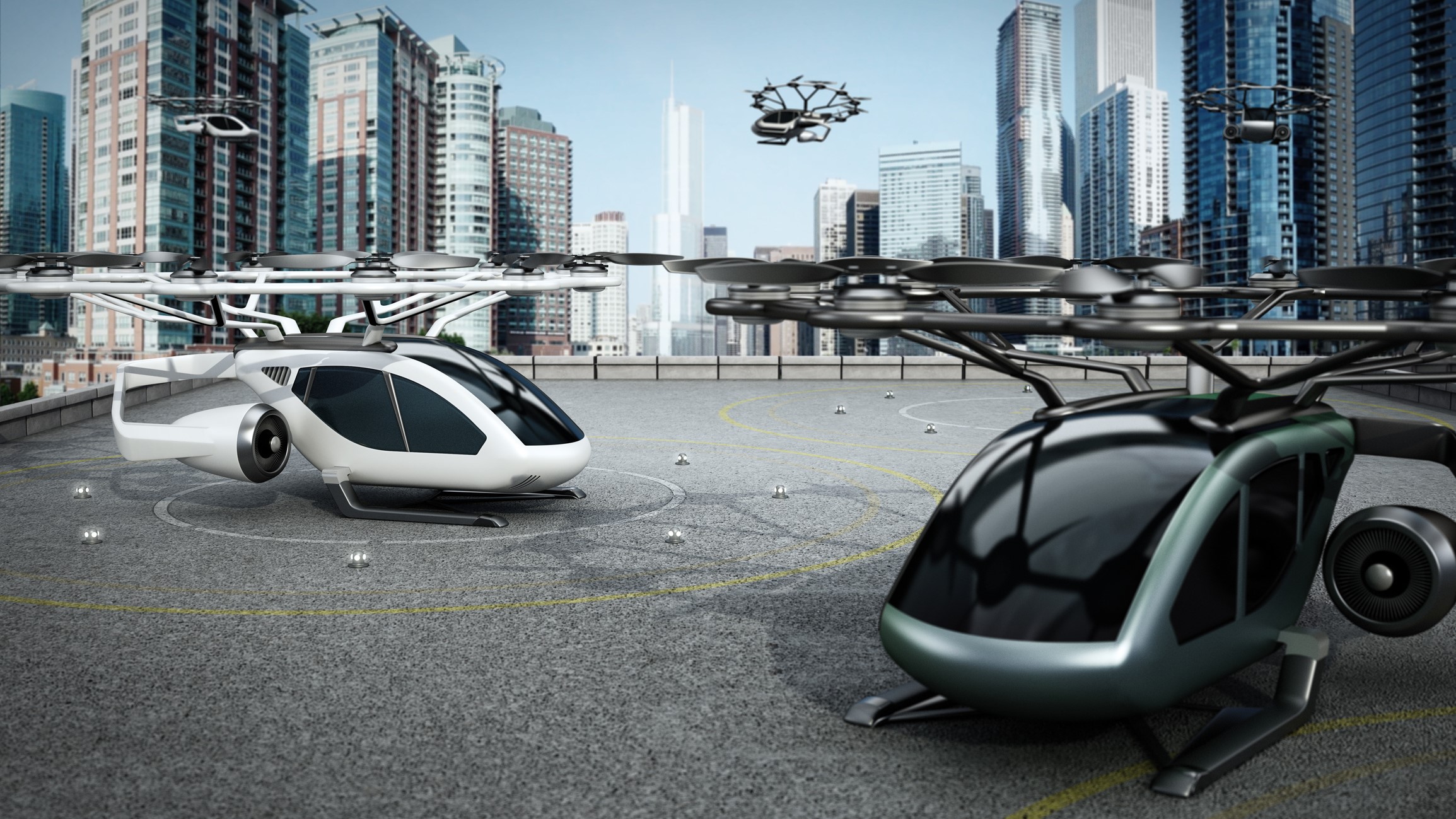
32 sci-fi technology predictions that came true
By Roland Moore-Colyer published
From flying cars and railguns to smartphones and jetpacks — what was once sci-fi can now be found in the real world.

Meta just stuck its AI somewhere you didn't expect it — a pair of Ray-Ban smart glasses
By Roland Moore-Colyer published
Ray-Ban smart glasses will now use Meta AI virtual assistant software so that wearers can speak with their smart glasses and ask questions about what they're looking at.

Scientists could make blazing-fast 6G using curving light rays
By Roland Moore-Colyer published
Researchers have discovered a way to curve data-carrying terahertz signals around obstacles, paving the way for ultrafast 6G.
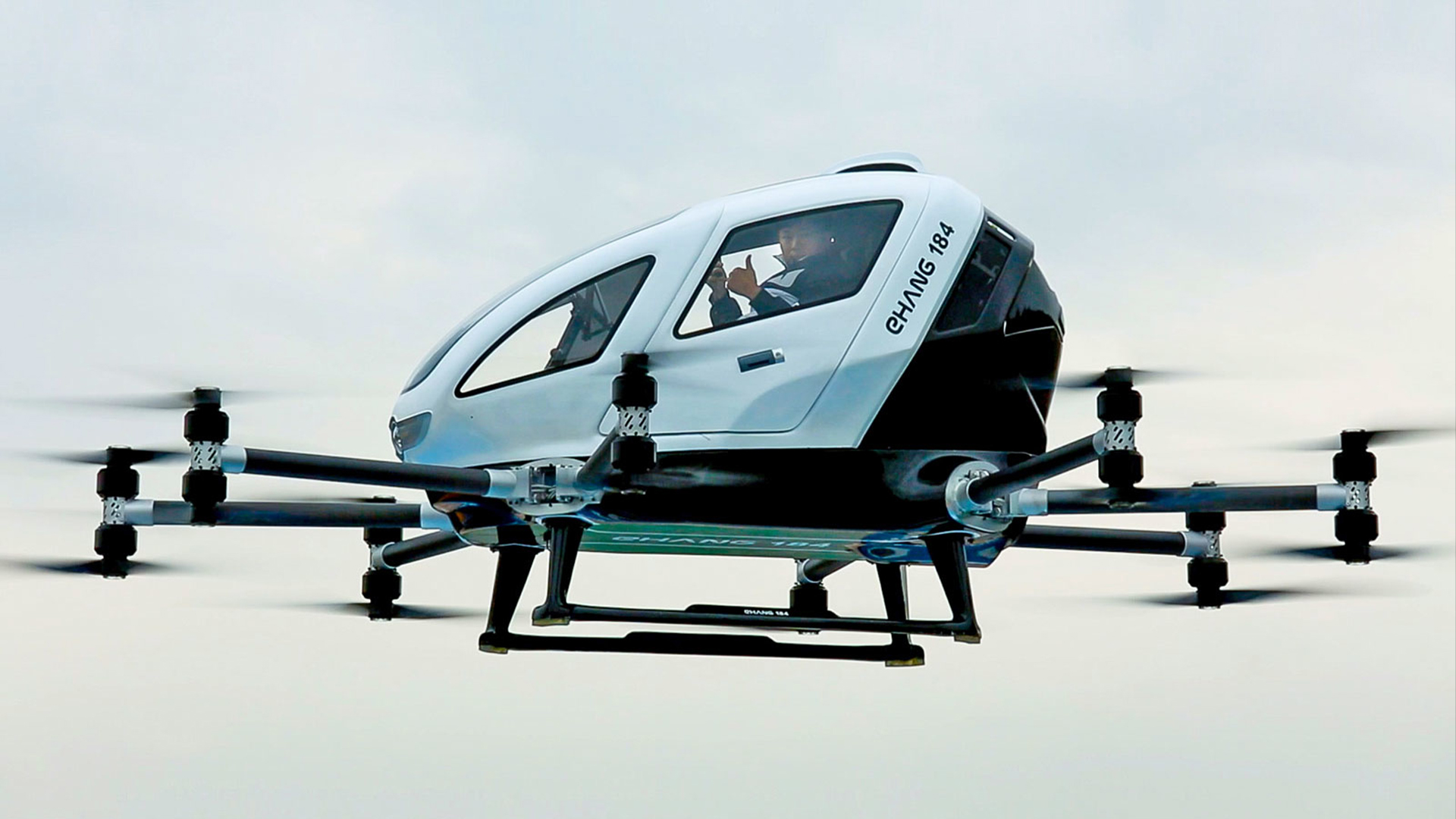
China green-lights mass production of autonomous flying taxis — with commercial flights set for 2025
By Roland Moore-Colyer published
The EHang EH216-S autonomous flying taxi is the first eVTOL ready for mass production and could lead the way for flying cars around the world.

Claude 3 Opus has stunned AI researchers with its intellect and 'self-awareness' — does this mean it can think for itself?
By Roland Moore-Colyer published
Anthropic's AI tool has beaten GPT-4 in key metrics and has a few surprises up its sleeve — including pontificating about its existence and realizing when it was being tested.
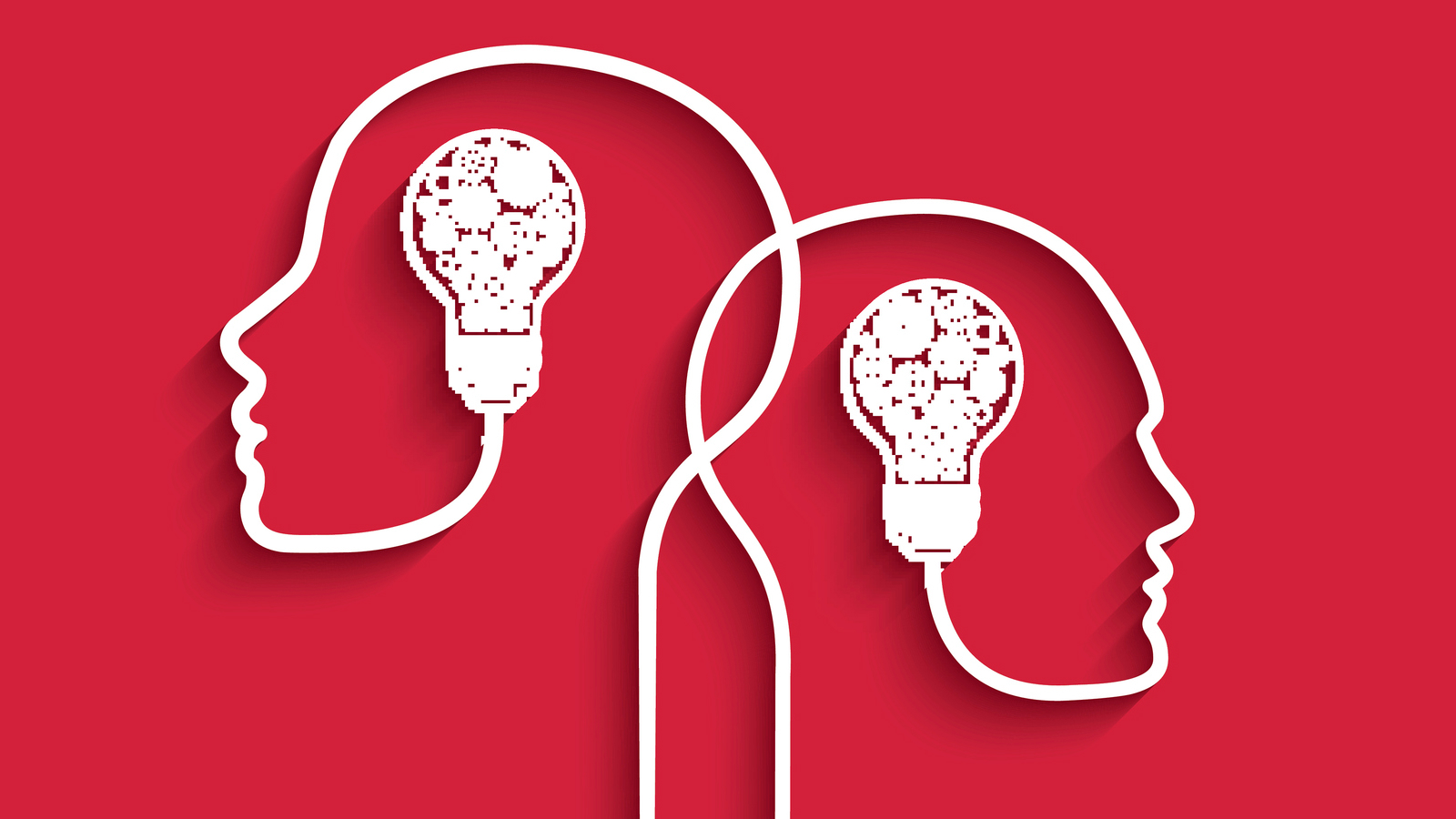
Scientists create AI models that can talk to each other and pass on skills with limited human input
By Roland Moore-Colyer published
Scientists modeled human-like communication skills and the transfer of knowledge between AIs — so they can teach each other to perform tasks without a huge amount of training data.

Flying car designed to hop across the Philippines' 7,000 islands coming this year
By Roland Moore-Colyer published
The Luft Pinoy is an electric minivan combined with a hydrogen-powered eVTOL system to create a flying car that's practical for island-hopping.

Future electric cars could go more than 600 miles on a single charge thanks to battery-boosting gel
By Roland Moore-Colyer published
By using gel, researchers have found a way to incorporate silicon into batteries while negating its destructive tendency to expand — meaning future EVs could use the technology to go much further on a single charge.
Sign up for the Live Science daily newsletter now
Get the world’s most fascinating discoveries delivered straight to your inbox.
